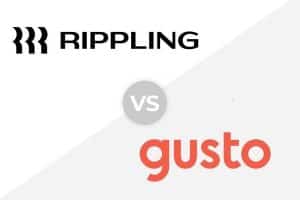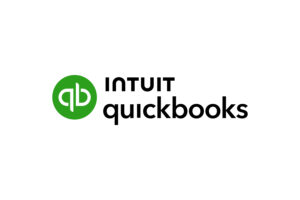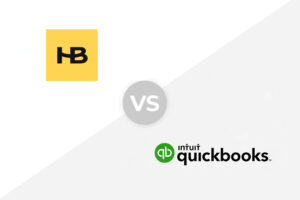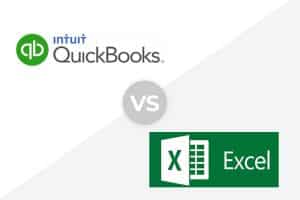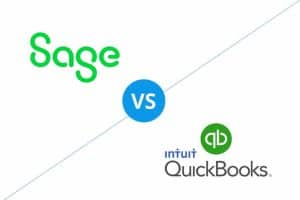Section 179 and bonus depreciation are two advantageous tax deductions for optimizing your tax savings. By claiming either or both of these deductions on your tax return, you can more quickly deduct a substantial amount of your acquisition cost. While Section 179 and bonus depreciation are similar, there are differences in the calculation, limitations, and…
Versus
Rippling vs Gusto: Which Is Best for Payroll & HR
Rippling and Gusto are cloud-based HR payroll systems that can help you hire and pay global and US employees. Both also have features that can handle the entire employee lifecycle. However, Gusto is the ideal choice if you need a small business HR payroll tool, while Rippling is great for those needing a wider HR…
FedEx vs UPS vs USPS: 2024 Shipping Comparison + Holiday Updates
Consider cost, speed, and service when comparing the top shipping companies—FedEx vs UPS vs USPS (United States Postal Service). Each one is reliable, offers affordable options if your package doesn’t need to arrive quickly, and allows you to pay more for faster delivery. Most small packages ship for less than $15 with each carrier. The…
QuickBooks Online Advanced vs Enterprise
The main difference between QuickBooks Advanced vs Enterprise lies in their accessibility and the key features they provide for unique business needs. QuickBooks Online Advanced is a cloud-based solution with extensive workflow automation tools, an excellent mobile app, and a vast network of QuickBooks ProAdvisors. A single subscription includes up to 25 users with no…
HoneyBook vs QuickBooks: Which Is Best for Small Businesses?
The main difference between HoneyBook vs QuickBooks is the primary need they cater to. While HoneyBook is an all-in-one client and business management platform designed specifically for service-based businesses, QuickBooks is primarily accounting software, focusing on financial management. Rather than choosing one over the other, consider integrating HoneyBook with QuickBooks to combine the strength of…
QuickBooks Online vs Excel: When to Use Each
QuickBooks Online is accounting software designed to help small businesses manage assets, liabilities, equity, income, and expenses, while Excel is a spreadsheet program for data organization, analysis, and visualization. You can use QuickBooks Online for accounting right out of the box, but with Excel, you have to have the expertise and time to set up…
Sage 50 vs QuickBooks Online Comparison
QuickBooks Online is easier to use, is more affordable for most small businesses, and has a larger support network in the form of QuickBooks ProAdvisors than Sage 50 (formerly Sage 50cloud). Meanwhile, Sage 50 is a bit more complicated, but it offers more enhanced inventory management features and multi-company support than QuickBooks Online. Based on…
Guarantor vs Cosigner on Leases: What’s the Difference?
When signing a lease, a guarantor or cosigner may be required as part of entering a financial agreement. This is a common request and is typically required of borrowers with less-than-ideal credit or finances. The difference between a guarantor and a cosigner typically lies in the level of responsibility required of each. Essentially, both options…

